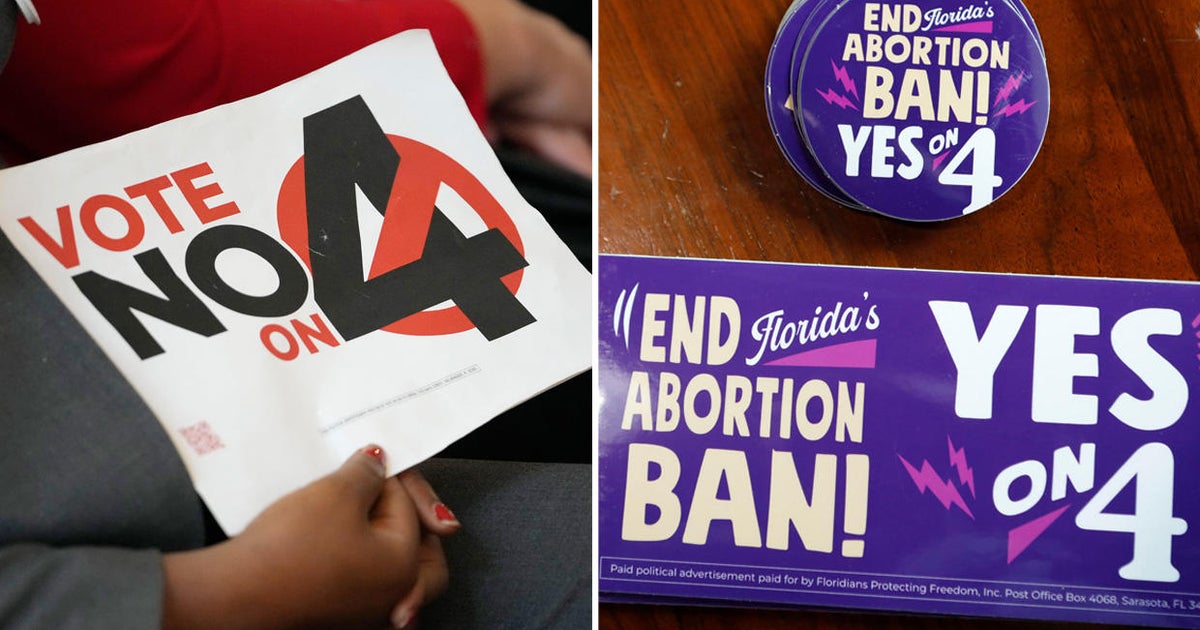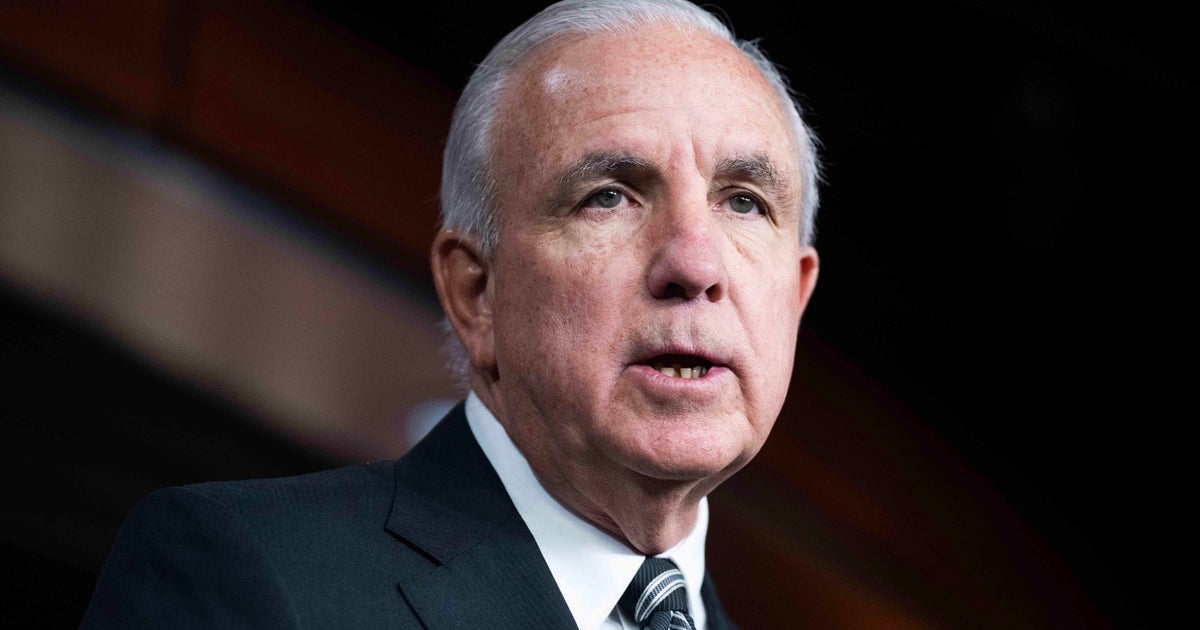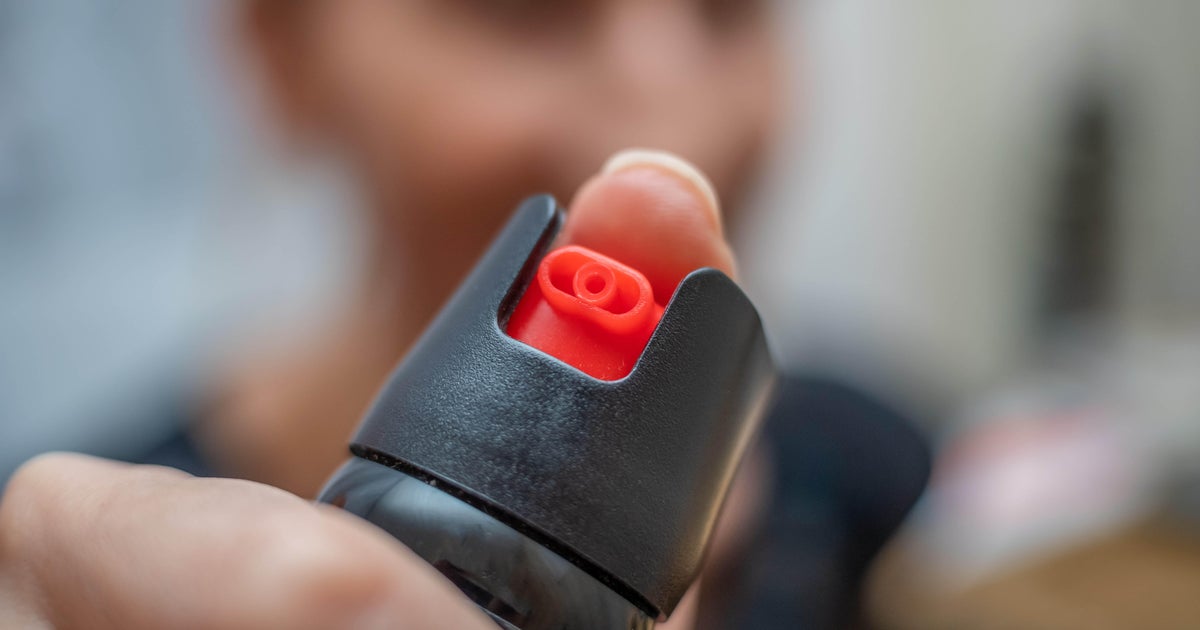Amendment 4 has been rejected by Florida voters in the 2024 election, CBS News projects, meaning Florida’s six-week abortion ban will remain in place.
The amendment, which sought to enshrine abortion rights in the state’s constitution, did not receive approval from at least 60% of voters.
Amendment 4 is among six ballot measures that propose changes to Florida’s constitution.
What is Amendment 4?
Amendment 4, titled “Amendment to Limit Government Interference with Abortion,” states that “no law shall prohibit, penalize, delay, or restrict abortion before viability or when necessary to protect the patient’s health, as determined by the patient’s healthcare provider.”
The amendment would not affect a current constitutional provision that permits a law requiring parents to be notified before a minor can receive an abortion.
The Florida measure failed to clear the required 60% voter approval threshold to pass constitutional amendments in Florida. Most states require a simple majority.
Marjorie Dannenfelser, president of the national anti-abortion group SBA Pro-Life America, said in a statement that the result is “a momentous victory for life in Florida and for our entire country,” praising DeSantis for leading the charge against the measure.
Florida Gov. Ron DeSantis and the Republican Party of Florida had urged voters to reject Amendment 4. Many opponents of the amendment have argued that the language of the measure is “too extreme” and vague with its definition of “viability,” saying it would allow late-term abortions and endanger pregnant patients.
Supporters had said it would bring back protections lost when Roe v. Wade was overturned. They argued it would help put reproductive healthcare back in the hands of Florida patients and their doctors, saying that politicians should not be allowed to interfere with personal healthcare decisions or prevent medical professionals from treating patients.
Nancy Northup, the president and CEO of the Center of Reproductive Rights, said in a statement after its rejection on Tuesday night that Floridians are “living under an abortion ban they didn’t ask for or don’t want.”
“As the majority of Florida voters made clear tonight, they want their reproductive freedom back. But due to the high 60% threshold and the state’s disinformation campaign, they must continue to live with the fear, uncertainty, and denial of care caused by the reversal of Roe,” she said. “So too will countless women in the southeastern U.S., which will remain for now a virtual abortion desert.”
The defeat makes permanent a shift in the Southern abortion landscape that began when the state’s six-week ban took effect in May. That removed Florida as a destination for abortion for many women from nearby states with deeper bans and also led to far more women from the state traveling to obtain abortion. The nearest states with looser restrictions are North Carolina and Virginia — hundreds of miles away.
“The reality is because of Florida’s constitution a minority of Florida voters have decided Amendment 4 will not be adopted,” said Lauren Brenzel, campaign director for the Yes on 4 Campaign. “The reality is a majority of Floridians just voted to end Florida’s abortion ban.”
On June 24, 2022, the Supreme Court issued its blockbuster decision in the case Dobbs v. Jackson Women’s Health Organization, which effectively overturned Roe v. Wade and threw abortion policy back to the states. More than a dozen states have since enacted near-total bans on abortion, while it is severely restricted in other states. Among the bans, Florida’s law is considered to be among the strictest.
The Republican-controlled state legislature and DeSantis approved the state’s six-week ban last year, building upon a 2022 law that banned abortions after 15 weeks. The Florida Supreme Court upheld the 2022 law, which cleared the way for the six-week limit to take effect.
Florida’s ban on most abortions after six weeks of pregnancy – before many women know they’re pregnant – went into effect in May, nearly two years after the Supreme Court decision.
Since May, many Floridians have fought back and forth about whether to restore abortion access in the state by proposing a change to the state’s constitution.



